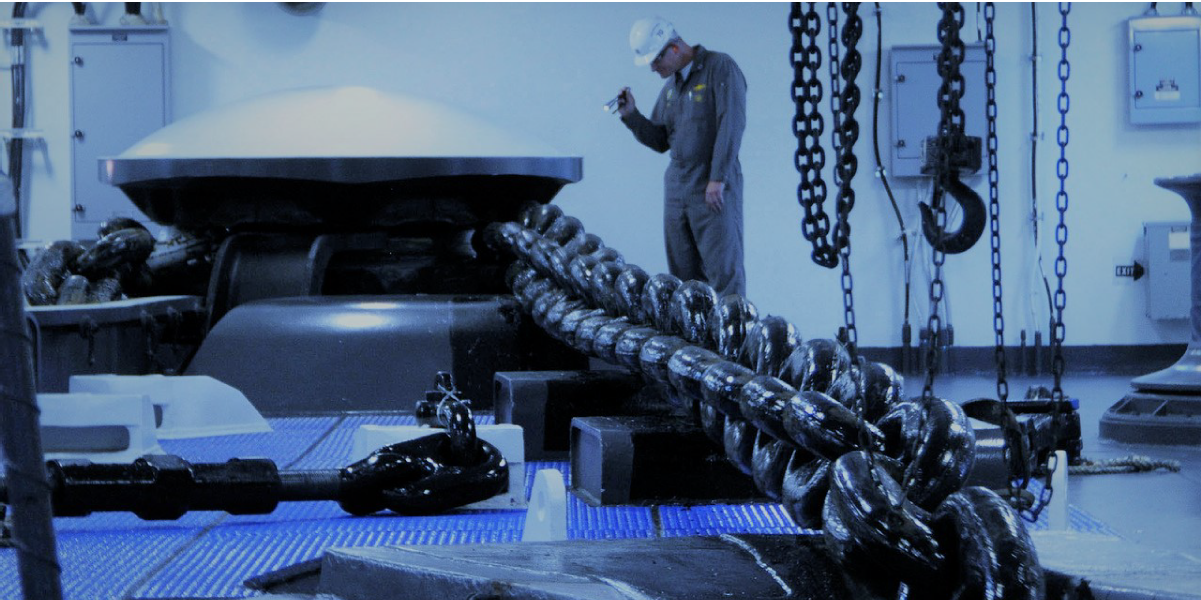Upskilling Programme

The Upskilling Programme (UP) is part of the “Advanced Skills in Safety, Environment and Security at Sea-ASSESS” project, approved and co-funded in the framework of the Call Blue Careers in Europe and launched by DG Mare. The project aims to realize three specific education and training paths, in English language, for human resources, both employed and young people, that will be able to manage safety and security issues in the maritime sector. The partnership, made up from mareFVG, University of Trieste, Lloyd’s Register EMEA, National Institute of Oceanography and Applied Geophysics (OGS) and National Research Council (CNR INSEAN), with the collaboration of Fincantieri and Wärtsilä, strives for the courses to become an international reference on these topics that are becoming more and more relevant for the maritime sector in Europe as well as in the world.
The Upskilling Programme is opened to both employed and unemployed professionals who have already developed technical skills and capabilities in maritime safety, the environment and security at sea. No study title is required.
20 attendants at maximum will be selected.
The course is held in English and focuses on two specific training profiles:
- Safety and Security manager
- Environmental manager
Each profile foresees 116 hours of frontal lessons and is carried out considering the following dates and places:
SAFETY AND SECURITY MANAGER:
- 17-18-19-20 October 2018, University of Trieste (Italy)
- 8-9-10 November 2018, University of Trieste (Italy)
- 28-29-30 November 2018,University of Trieste (Italy)
- 13-14-15 December 2018, IMAT (Castel Volturno, Italy)
ENVIRONMENTAL MANAGER:
- 17-18-19-20 October 2018, University of Trieste (Italy)
- 8-9-10 November 2018, University of Trieste (Italy)
- 28-29-30 November and 1 December 2018, IMAT (Castel Volturno, Italy)
Classes are taught by leading Italian and international academics and industry experts. Frontal lessons will be integrated with relevant Industry Testimonies.
Skills to be acquired:
The Upskilling Programme provides additional expertise in the safety and security fields, with respect to on-board personnel, infrastructure and the environment.
| SAFETY AND SECURITY MANAGER
Part of the Marine Ops staff, this position assists with ensuring that the vessels and shore side facilities are operated in accordance with regulatory requirements and company standards, and that applicable information is logged. Responsibilities of this position include being the primary Marine Safety Manager, assist with SMS audits and updating SMS documents. Depending upon the organisation, the safety manager is responsible for:
|
| ENVIRONMENTAL MANAGER
The Environmental Manager will enjoy a varied role. In fact, he will be responsible for managing the ships Environmental Management and compliance programs (EMS) and he will ensure that Fleet Waste Management Programs and Hazardous Waste Programs are fully followed on board – and that all record keeping requirements are adhered to. The essential functions of an Environmental Manager are:
|
The path foresees overall 7 modules divided between the two specific profiles as follows:
SAFETY/SECURITY MANAGER:
| 1. Marine regulatory framework |
| 1.1 Marine Regulatory Matrix |
| 1.2 Overview of the Marine Industry |
| 2. Basics on Safety |
| 2.1 Basics on safety |
| 2.2 Fire Protection (active and passive) |
| 3. Ships Specifics on safety design |
| 3.1 Safe Return to Port |
| 4. Environmental requirements and impacts |
| 4.1 Noise impact on work environment (rules) – noise level onboard ships |
| 4.2 Noise/stress management on work environment |
| 5. Operational Safety and Security |
| 5.1 ISM/ISPS and Cyber security |
| 5.2 Polar Code and extreme conditions |
| 6. Risk Assessment Techniques |
| 6.1 Risk Assessment Techniques |
| 6.2 Risk assessment practical application ISM ISPS – SAFETY |
| 6.3 Risk assessment practical application ISM ISPS – SECURITY |
| 7. Marine engine specifics |
| 7.1 Engine safety principles (SOLAS/MARPOL) + Alternative Fuels |
| 7.2 Engine use and maintenance |
ENVIRONMENTAL MANAGER:
| 1. Marine regulatory framework |
| 1.1 Marine Regulatory Matrix |
| 1.2 Overview of the Marine Industry |
| 2. Environmental requirements and impacts |
| 2.1 Noise impact on natural environment |
| 2.2 Noise impact on work environment (rules) – noise level onboard ships |
| 2.3 Noise/stress management on work environment |
| 3. Operational Safety and Security |
| 3.1 Polar Code and extreme conditions |
| 3.2 Oil spill management and response |
| 3.3 Water ballast management |
| 3.4 Waste management |
| 4. Risk Assessment Techniques |
| 4.1 Risk Assessment Techniques |
| 4.2 Risk assessment practical application ISM ISPS – ENVIRONMENT |
| 5. Marine engine specifics |
| 5.1 Engine safety principles (SOLAS/MARPOL) + Alternative Fuels |
| 5.2 Engine use and maintenance |
All Modules are gathered together here below, where you can find a detailed description of every single Lecture of your interest.

